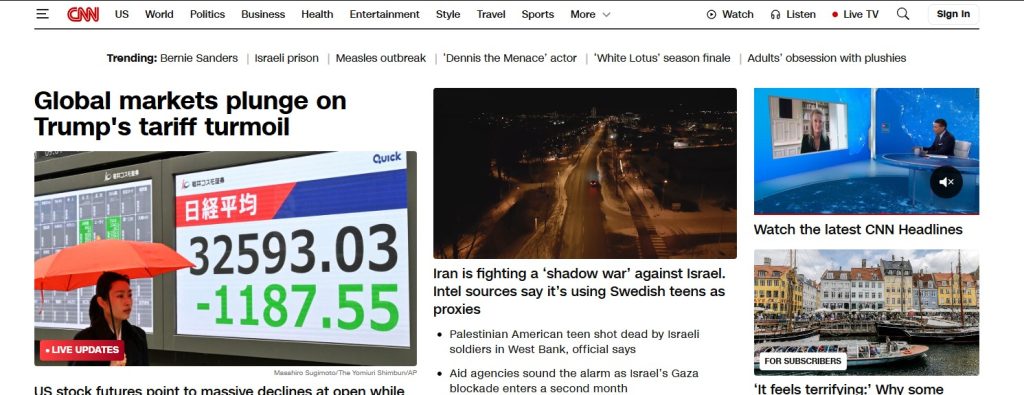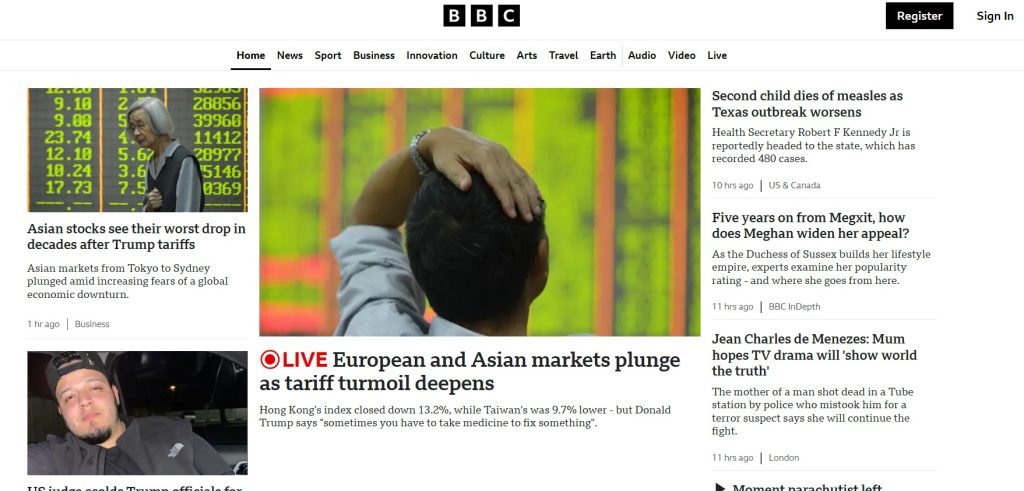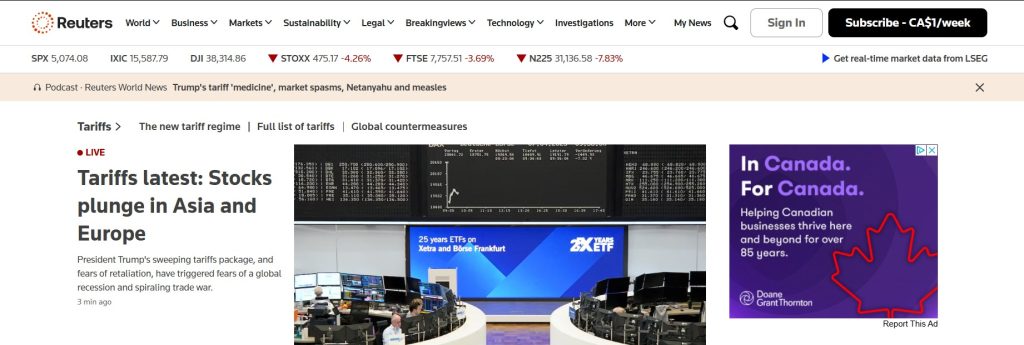In a deeply troubling development for the U.S. system of checks and balances, the House of Representatives narrowly passed the No Rogue Rulings Act (HR.1526) in a 219-214 vote. The bill now moves to the Senate, where it faces steeper odds—but it deserves the public’s full attention and firm opposition.
At first glance, the bill’s name might suggest it’s about reigning in “out-of-control” judges. But the reality is far more dangerous: this legislation is a direct attack on the judicial branch’s constitutional authority to check abuses of power—and it could silence courts just when Americans need them most.
What the Bill Does
The No Rogue Rulings Act would bar federal district courts from issuing nationwide injunctions—legal orders that halt unlawful government actions across the entire country. Under this bill, judges could only issue injunctions that apply to the individual plaintiffs in a given case.
That may sound technical, but the consequences are sweeping.
Under this rule, even if a federal court finds that an agency, executive order, or law is unconstitutional or illegal, the judge could only protect the person or group who filed the case—not the public at large. This would prevent courts from stopping nationwide harm—even when it’s clear that government overreach or rights violations are occurring.
Undermining the Judiciary—and the People
This bill is not about stopping “rogue” judges. It’s about weakening one of the most vital tools the judicial branch has to protect Americans from unconstitutional actions by the executive or legislative branches.
The Founders designed a government of three co-equal branches for a reason. Limiting the judiciary’s ability to enforce the Constitution weakens that structure—and erodes the freedoms of every American.
Courts have historically used nationwide injunctions to:
- Halt discriminatory immigration bans
- Stop unconstitutional executive orders
- Block harmful environmental rollbacks
- Protect consumers and workers from overreach
Under this bill, none of those protections would have extended beyond the individual plaintiffs. Imagine how much longer unconstitutional policies could remain in place—even after a judge declares them illegal—simply because relief is piecemeal.
Who Benefits? Not You.
Make no mistake: this bill does not protect the average American. It protects those in power from being held fully accountable. If a policy violates your rights, you may not have the time, money, or legal expertise to sue. But under current law, when someone else takes on that burden and wins, you are protected too.
The Bigger Picture: A Constitutional Crisis in the Making
This bill is a clear step toward a weakened judiciary, a stronger executive, and an unbalanced democracy—exactly the kind of system the Founders warned against.








